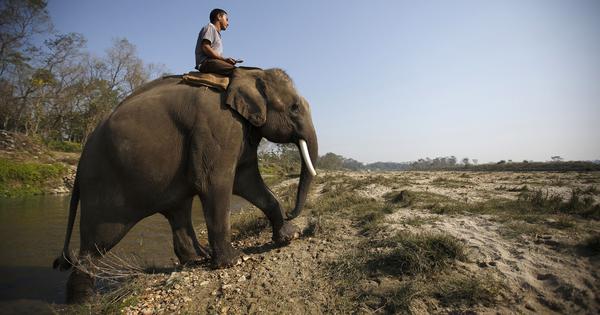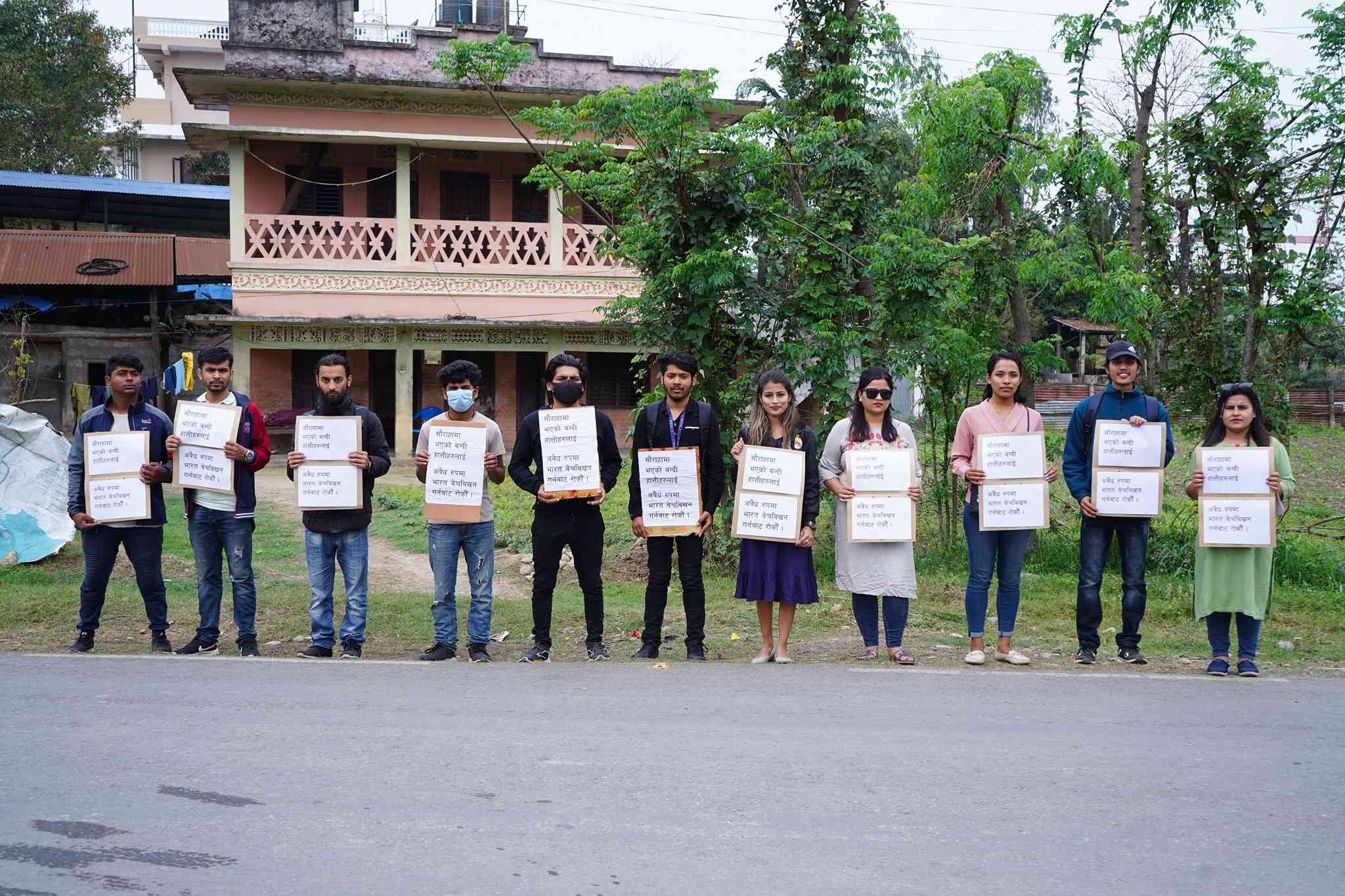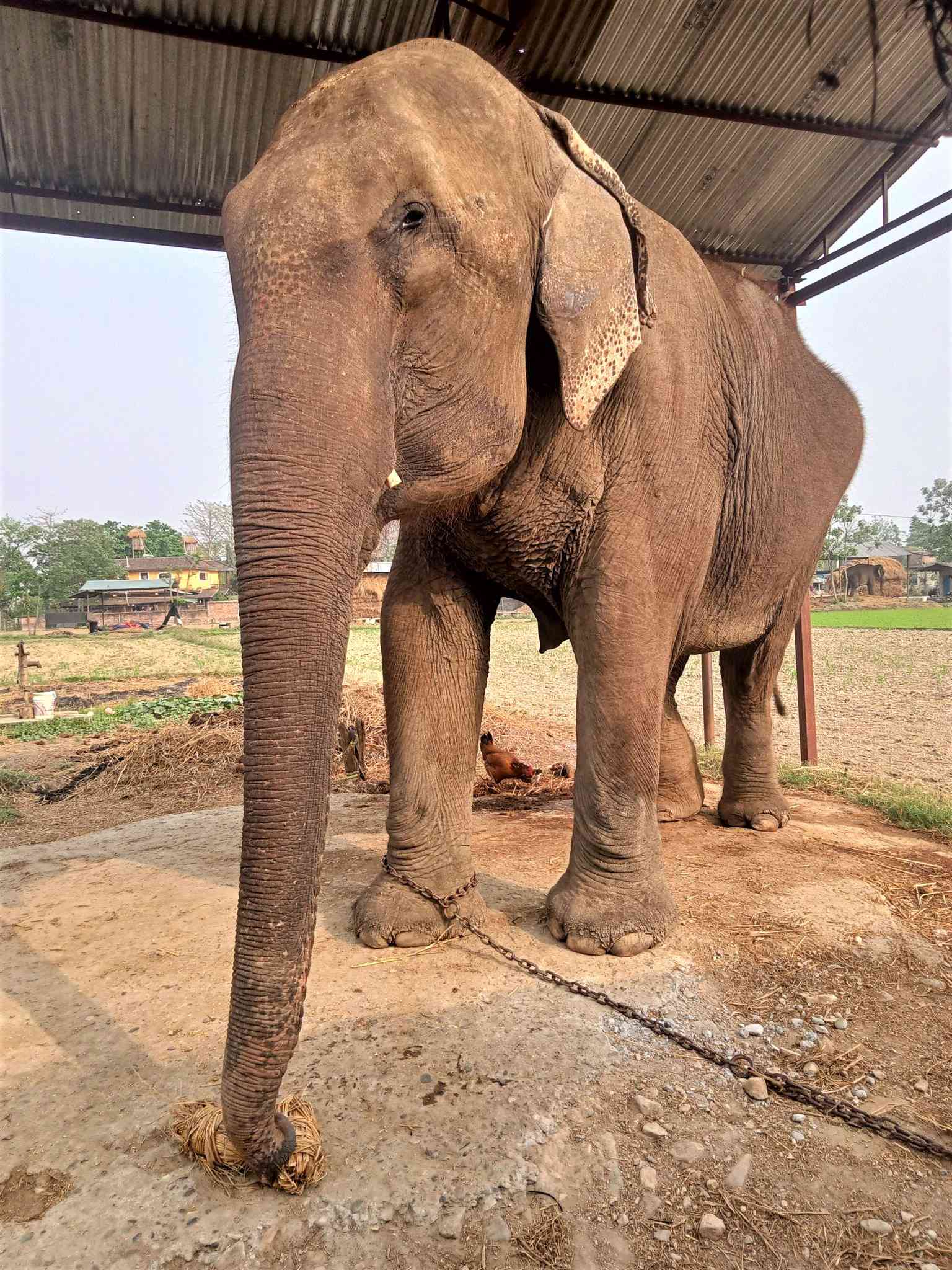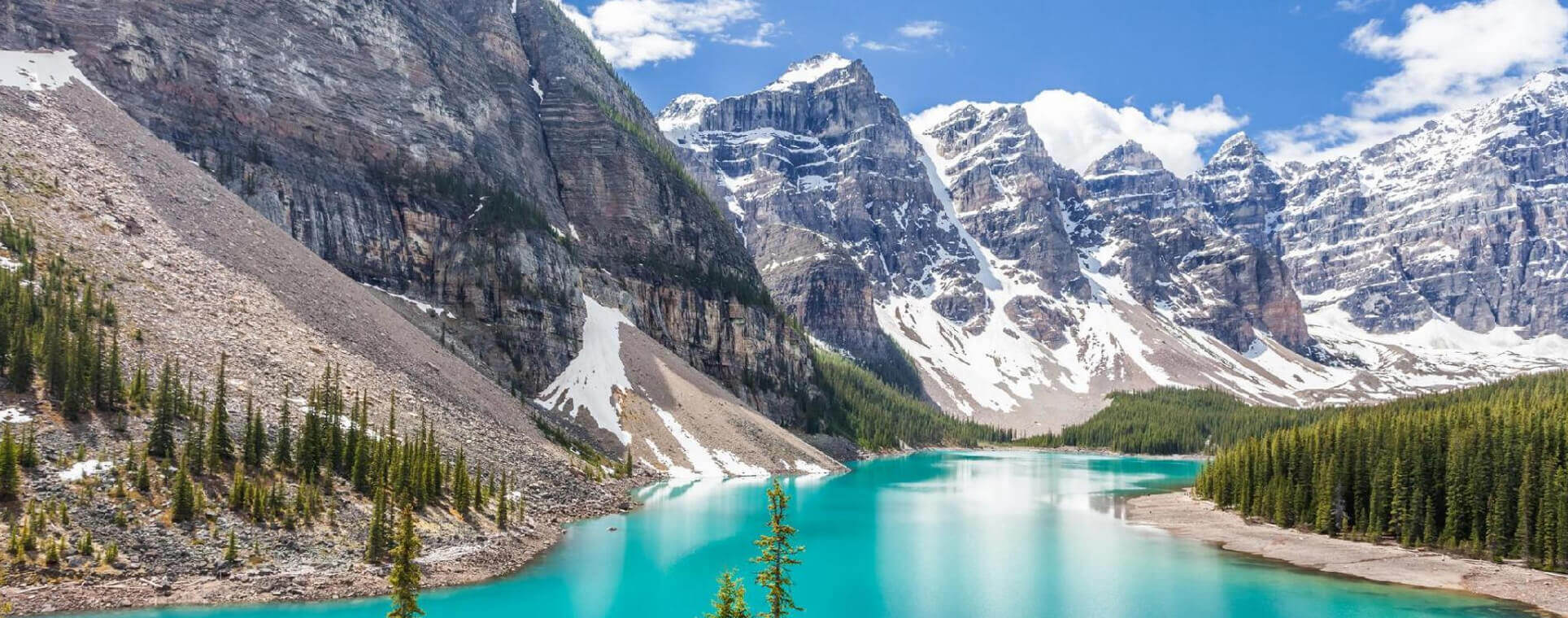Amid Covid-19 tourism slump, Nepal’s elephant journey operators are providing their animals to India

Padam does not keep in mind when he commenced trying to keep elephants at his lodge. But he says that company employed to shell out very well for elephant rides in the neighborhood forests exterior Nepal’s famous Chitwan National Park.
Padam’s two elephants had been kept fast paced from dawn to dusk until March 2020. But as quickly as the Covid-19 pandemic restricted journey around the globe, one particular of Nepal’s most popular vacationer internet sites was largely deserted. Even though the Nepali federal government has now lifted most travel limitations, Chitwan hoteliers like Padam are however confronted with fewer than 50% occupancy.
Captive Asian elephants are applied for tourist rides, wedding processions and temple ceremonies. The exercise is hugely controversial, with campaigners attesting the extensive-lived animals are frequently taken from the wild and subjected to cruel treatment method to make them compliant.
In February, Padam bought 1 elephant for 65 lakh Nepalese rupee to a trader in India. He hopes this choice will reduce his hotel’s every month functioning costs by at the very least $1,000, which had been spent on the elephant’s meals and mahout (keeper).
Bishal, one more hotelier who qualified prospects a cooperative of elephant house owners, says the group’s members have sold at minimum 20 elephants to Indian traders in 2021. They now keep 35 elephants, the most affordable amount because the cooperative was fashioned two decades in the past.
Nonetheless, Nepal and India are both of those signatories to the global Conference on International Trade in Endangered Species of Wild Fauna and Flora. Asian elephants are shown on Appendix I of the convention, a class for species that are “threatened with extinction which are or may well be afflicted by trade”. Importing are living animals stated on Appendix I (or their pieces) for “primarily business purposes” is not allowed so as not to “endanger even more their survival”.
What principles say
Convention on Global Trade in Endangered Species guidelines condition that ahead of Appendix I species can be transported from 1 nation to a different, the exporting CITES Scientific Authority should have suggested that export will “not be detrimental to the survival of the species”, even though the CITES Management Authority have to be contented that the animals were lawfully received, following which they may possibly problem an export permit.
In the meantime, the importing country’s Management Authority must problem an import permit, possessing been glad that the animal(s) are “not to be applied for primarily industrial purposes”, and subsequent willpower from the Scientific Authority that the import will be “for reasons which are not harmful to the survival of the species” and that the receiver of a live animal is “suitably outfitted to dwelling and care for it”.
In get to implement the conference, the Nepali government launched the Act to Control and Command Intercontinental Trade in Endangered Wild Fauna and Flora in 2017. It states, “No individual shall obtain, promote, possess, use, plant, rear, captive-breed, transport or import or export or bring about to be carried out so a threatened or vulnerable wild fauna or flora or a specimen thereof.” As described in the Act, “threatened fauna or flora” are all species integrated on Appendix I of the conference.
In 2019, the authorities released a established of restrictions on how to apply the Act. Portion 2 of the regulations notes that any particular person wishing to trade in these species or their parts ought to satisfy numerous statutory obligations and get a permit from the governing administration.
There is no evidence that any of these guidelines have been adopted in the cross-border sale of are living elephants. Hari Bhadra Acharya, spokesperson for the Office of Countrywide Parks and Wildlife Conservation – the governing administration company accountable for utilizing the Act – suggests no a person has sought any acceptance so far.

‘Clearly illegal’ trade
The ongoing trade is evidently unlawful, and the federal government has a duty to quit it, says senior advocate Prakash Mani Sharma. The office has not done something because it has not been “formally” informed about the trade, states Hari Bhadra Acharya. Even so, he provides, he has heard about these activities, and “needful motion would be taken when the sale is proved”.
Acharya also suggests Chitwan National Park officers have been “made responsible” to glimpse into the situation, but the park’s information officer Lokendra Adhikari claims the park has accomplished absolutely nothing about it.
The 3rd Pole contacted Chitwan’s chief district officer Prem Lal Lamichhane to question if he had taken any initiative to halt the trade, two times soon after stories of an elephant becoming bought to India appeared on social media and a person day following the difficulty was coated in a nationwide media outlet.
“We experimented with to ensure what’s likely on, but we were informed that there was practically nothing strange,” Lamichhane stated. “We could not verify the news.”
Senior advocate Sharma mentioned, “If you formulate a legislation but are unsuccessful to implement it, it is meaningless.”
“The condition failing to put into action it suggests there is a significant nexus in between the two [the state and the traders],” Sharma reported. “We are also violating the worldwide regulation that we are signatory to.”
Deficiency of documents
The 2019 regulations also say any man or woman or business holding an endangered animal captive should sign-up it with the related authorities company or encounter confiscation. No one particular has applied for registration however, nor has any elephant been confiscated.
The governing administration does not have any official record of the variety of captive elephants in Nepal. A CITES critique in 2016 set the amount at 216, with practically 50 % getting under the management of the federal government and the relaxation retained by men and women and enterprises. All over 80% of privately owned elephants are estimated to be in Sauraha and Amaltari towns exterior Chitwan National Park.
The park authorities may possibly not have taken any motion versus the elephant sellers, but previous year they did start off recording the amount of captive elephants in the region. As of late 2020, hoteliers in Sauraha, Amaltari and Kasara owned 65 elephants, according to info officer Adhikari. Hotelier Rishi Tiwari estimates the population at around 80 as of past year.
This would suggest that a quarter of all elephants in the region have been bought to Indian traders in the past a few months.
Amir Sadaula, a wildlife veterinarian at the Countrywide Trust for Character Conservation’s Biodiversity Conservation Centre in Chitwan, has been monitoring animal trade for the past five decades. He says that to prior to this, he had found at most three elephants staying bought a 12 months, and in Nepal. “People offer them when they do not give any gains,” he says. “But in the previous, that was not the scenario.”
Carol Buckley, founder of the US-primarily based non-financial gain Elephant Help Worldwide, phone calls this an exodus. “The pandemic has been going on for a yr, but now the market place is flooded with purchasers,” she claims. “The payment they are offering is inflated and usually in income.”
Marketed into uncertainty
Activists are also fearful about the sort of lifestyle the elephants will lead in India. Surajan Shrestha, an animal legal rights activist in Chitwan, notes that in India, “captive elephants are applied in spiritual functions and even rallies”.
Buckley suspects these elephants could be sold about and around again inside of India or even even further afield, perhaps yet again into Nepal. Individuals promoting the elephants now do not know wherever the animals are currently being taken. Most Indian traders operate by means of Nepali middlemen.
A single intermediary from Birgunj, a metropolis around the Indian border, informed Padam that the elephant he bought would be taken to the property of a nearby moneylender. “I feel the elephant can now try to eat far better,” Padam claims.
“Some could assume it is a good detail,” states Association Moey, an international NGO that once experimented with to retire the captive elephants of Chitwan into independence, in a Fb post. “But, that only shifts the suffering of elephants somewhere else, away from our eyes. They will endure loneliness, abuse and lousy living situations on a day by day basis, in temples, weddings, chained and shown as objects of prestige.”

Campaigners oppose the use of elephants in tourist rides. This has created a schism, claims Ashok Ram, a wildlife researcher. “Activists opposing the rides make the hoteliers consider they are not able to receive from the animal any additional. Elephants have been utilised by individuals considering that historic times.” Hotelier Bishal argues that legal guidelines really should be revised to fulfill the passions of people as well as animals.
Activists like Carol Buckley and Surajan Shrestha retain it is inhumane to maintain the animals captive for using or other pursuits. Shrestha states the governing administration need to establish an elephant sanctuary in Chitwan, obtain all the captive elephants and set them free there. He believes the towns could continue to benefit from the elephants by attracting holidaymakers, thus producing earnings and promoting the sanctuary as a product conservation task.
In the meantime, oscillating amongst tour operators and animal rights activists, federal government spokesperson Hari Bhadra Acharya blames the lockdown compelled by Covid-19 for the failure to put into practice the legal guidelines of the land.
Names of some sources have been modified.
This write-up to start with appeared on The Third Pole.








